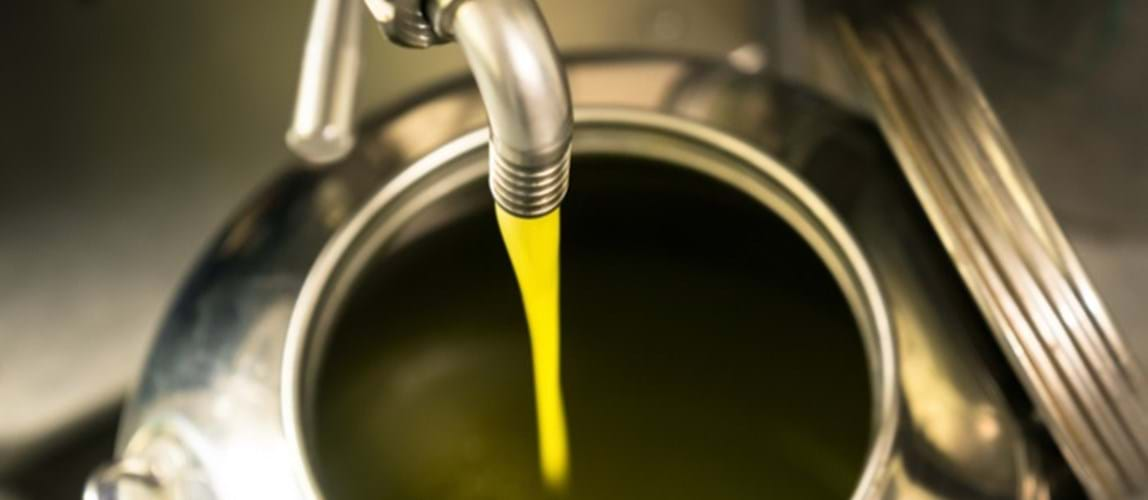Palm Oil Processing
Palm Oil: Better with Enzymes - Hong

12th June 2020
Issued on 28 May 2020.
Hong Wai Onn explains how enzyme technology could make the industry greener and more efficient.
GIVEN the extensive list of challenges currently facing the world, some of which are food supply, energy, and the environment, there is a limited number of engineers readily available to address these challenges. So where could chemical engineering talent best be deployed?
One noteworthy option is the palm oil industry. This is an opportunity for chemical engineers for three main reasons.
First, palm oil involves the kind of technologies that chemical engineers have a solid understanding in, especially in terms of heat transfer, thermodynamics, mass transfer, and separation processes.
Second, the Food and Agriculture Organization of the United Nations projects world population to reach 9.1bn people – an increase of 33% – between 2009 and 2050. This means that demand for food, including vegetable oils, is expected to continue to grow accordingly.
Third, palm oil is by far the most productive vegetable crop, outdoing all others in terms of average oil yield per hectare. Worldwide, palm oil is an important resource and the most-commonly used vegetable oil. According to the United States Department of Agriculture, palm oil accounts for about one-third of food use in 2018/19 and can be found in 50% of all supermarket products.
The question is, therefore, how can chemical engineers contribute to producing enough palm oil to satisfy the global demand, and make it a better industry?
Back to group news